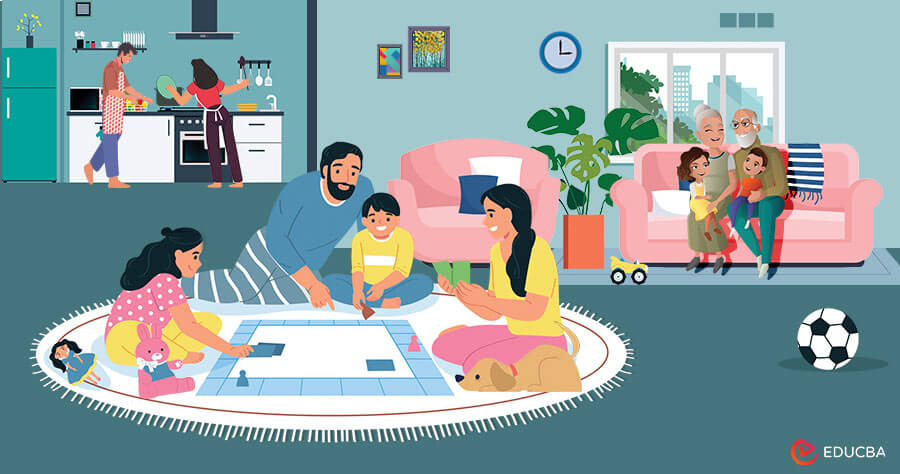Advantages and Disadvantages of Family

Family, as a social institution, plays a crucial role in shaping individuals and society. Like any social structure, families have both advantages and disadvantages. It's important to note that the dynamics of families can vary widely, and not all families will experience the same pros and cons. Here are some general advantages and disadvantages of family:
Advantages of Family:
Support System: Families provide emotional, financial, and social support. Members often turn to each other in times of need, fostering a sense of security and belonging.
Socialization: Families are the primary agents of socialization, shaping individuals' values, beliefs, and behaviors. They provide a foundation for cultural and societal norms.
Education and Guidance: Parents play a key role in educating and guiding their children. They pass on knowledge, skills, and moral values, contributing to the development of well-rounded individuals.
Shared Resources: Families share resources such as finances, living space, and responsibilities. This collective effort can enhance the overall well-being of its members.
Cultural Transmission: Families often pass down cultural traditions, customs, and heritage from one generation to the next, preserving a sense of identity and continuity.
Emotional Bonds: Family relationships can create strong emotional bonds, fostering a sense of love, loyalty, and companionship that can provide comfort and stability.
Disadvantages of Family:
Conflict and Dysfunction: Family dynamics can sometimes lead to conflict, tension, and dysfunction. Issues such as communication breakdowns, disagreements, and unresolved conflicts may negatively impact relationships.
Dependency: In some cases, family members may become overly dependent on each other, hindering personal growth and independence. This can lead to issues when individuals struggle to function autonomously outside the family unit.
Abuse and Neglect: Unfortunately, some families experience abuse or neglect, which can have severe and lasting consequences on individuals' physical and mental well-being.
Inherited Issues: Families may pass down negative patterns and behaviors from one generation to the next, perpetuating cycles of dysfunction, substance abuse, or other harmful behaviors.
Pressure to Conform: Families may exert pressure on individuals to conform to certain expectations or traditions, limiting personal autonomy and stifling individuality.
Limited Diversity: In some cases, families may resist diversity and change, leading to closed-mindedness or resistance to new ideas and perspectives.
It's essential to recognize that families are complex and dynamic systems, and their impact on individuals can vary widely. Healthy family relationships can provide a strong foundation for personal development, while dysfunctional dynamics may pose challenges that individuals need to navigate and address.
Thank you,